A political storm is brewing in Kenya as disturbing accusations emerge, painting President William Ruto’s leadership as alarmingly autocratic. In a bombshell revelation that’s rattling the halls of power, top former government officials are accusing the Head of State of transforming the presidency into a tightly controlled one-man regime.
The nation’s democratic fabric is reportedly under siege, with claims of eroded institutions, suppressed dissent, and rampant micromanagement from the top.
Former Allies Turn Fierce Critics
Leading the chorus of concern is none other than ex-Attorney General and former Public Service Cabinet Secretary Justin Muturi. Speaking exclusively to PD Wikendi, Muturi didn’t hold back, describing President Ruto as a man obsessed with control — commandeering everything from cabinet deliberations to parastatal decisions.
“He walks into every meeting like he knows it all. There’s no dialogue, just directives. It’s a monologue,” Muturi revealed in the eye-opening interview.
His scathing remarks come just days after being dismissed by the President, following a tense three-month standoff reportedly sparked by government-linked abductions. According to Muturi, Ruto’s grip on government is “absolute,” with every ministry and state corporation functioning under his thumb.
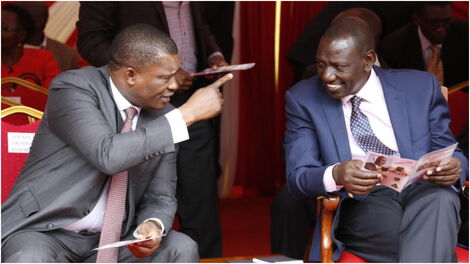
State House or Command Centre?
Muturi alleges that routine policy announcements no longer originate from the appropriate ministries but instead are handed down directly from State House — often at political rallies or press conferences dominated by the President.
“This isn’t governance. It’s control. Everything is centralized around one man,” he stated, comparing Ruto unfavorably to his predecessor Uhuru Kenyatta, who was known for delegating authority and trusting his ministers.
Fear, Reprimands, and Silence
Even more disturbing are claims of intense pressure on Cabinet Secretaries, Principal Secretaries, and CEOs of key state agencies to strictly follow Ruto’s political script — or face immediate consequences.
“One misstep, and you’re dragged to State House or publicly rebuked,” said Muturi. He pointed to the Ministry of Agriculture as a prime example, saying it has become “the President’s personal playground.”
Gachagua and Mwangangi Echo the Alarm
Muturi’s claims have found unlikely allies in both former Deputy President Rigathi Gachagua and Machakos Deputy Governor Francis Mwangangi. Despite differing political backgrounds, both men describe an administration where power is hoarded and dissent is crushed.
Gachagua, speaking last December on Inooro TV, blasted Ruto’s Cabinet as “a room full of flower girls” — powerless and sidelined. Mwangangi, an old friend of the President, added, “He micromanages everything. Leaders are terrified to speak their minds.”
Both warn that this centralization of power is not only undemocratic but dangerous. “Any system that crushes internal checks and voices will always put the regime before the republic,” Mwangangi emphasized.
A Chilling Silence Across Government
Multiple insiders now say that Kenya’s top officials — even those in constitutionally protected roles — are growing increasingly afraid to challenge the President’s agenda. Those who do risk immediate political isolation or worse.
Muturi describes a “climate of fear” inside government, where loyalty is demanded and silence is survival.
What’s Next for Kenya?
As critics grow louder and the President’s circle tightens, the nation watches with bated breath. Is this the firm leadership Ruto promised — or the beginning of authoritarian rule?
One thing is clear: Kenya’s political landscape has changed. And according to those who’ve worked closest to power, the change may be far more dangerous than the public has been led to believe.


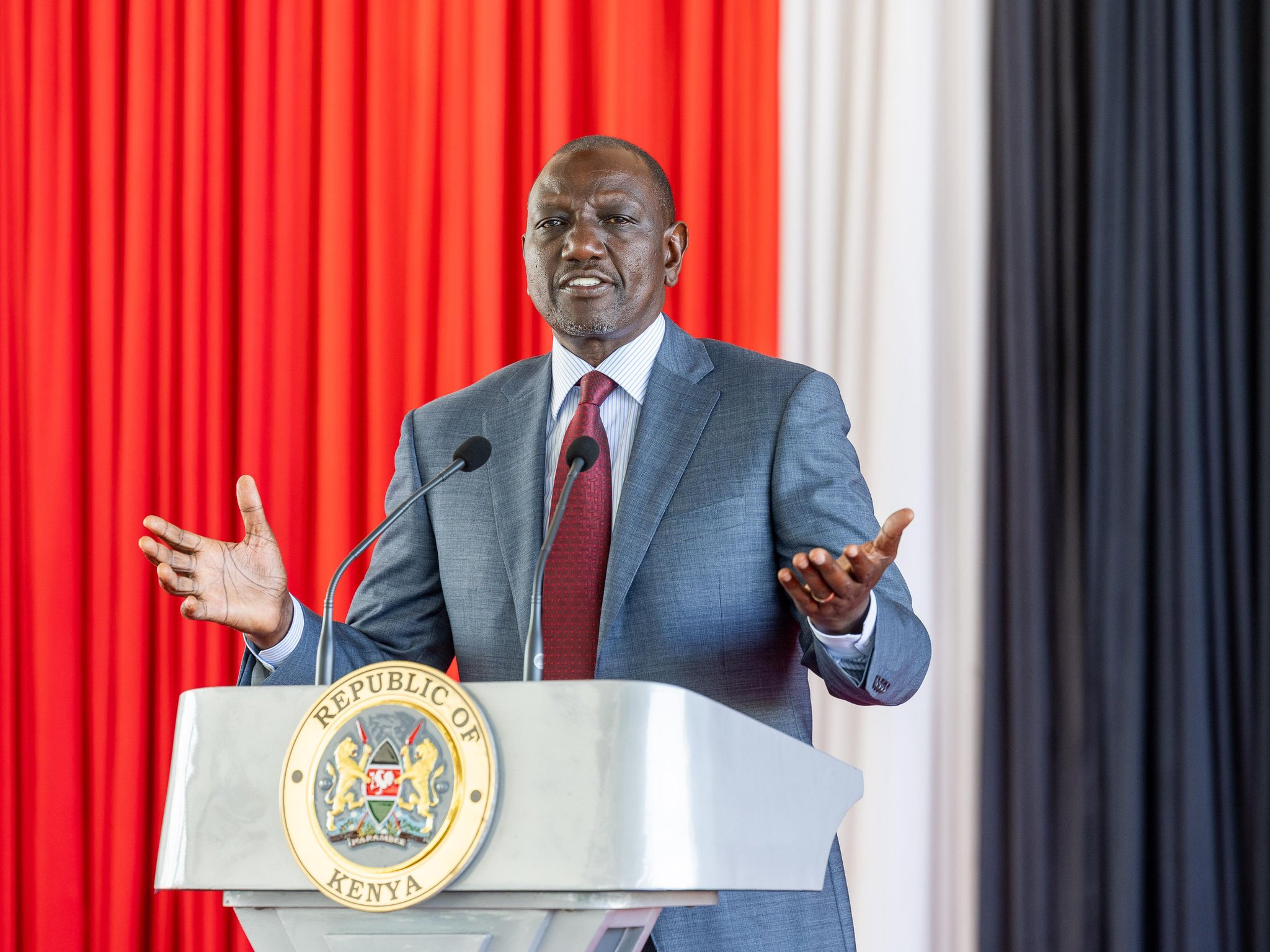
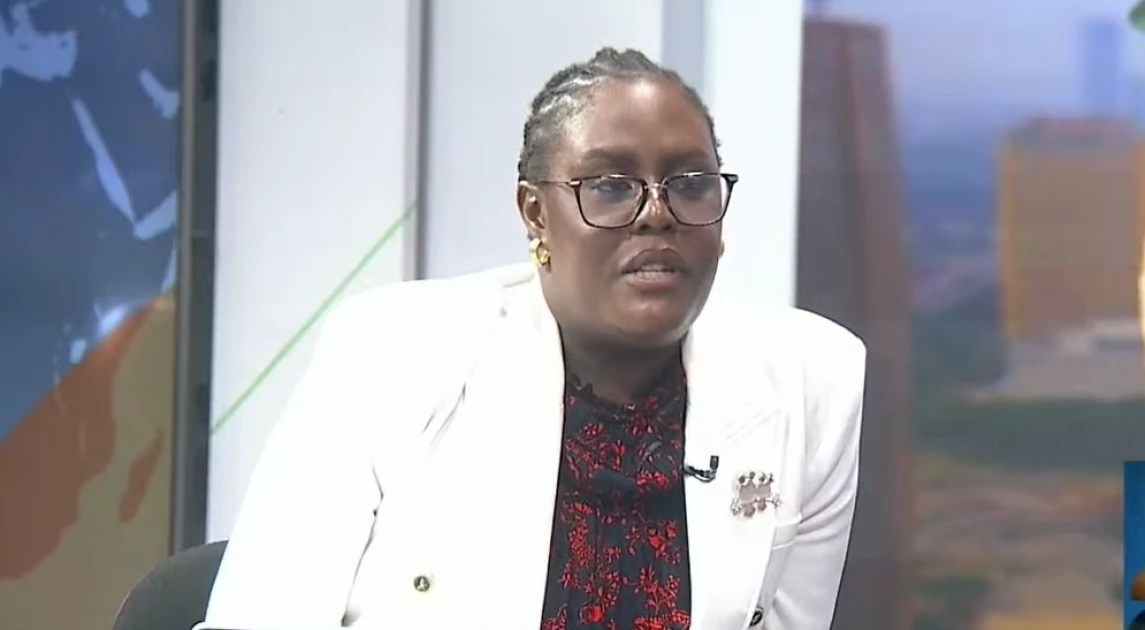
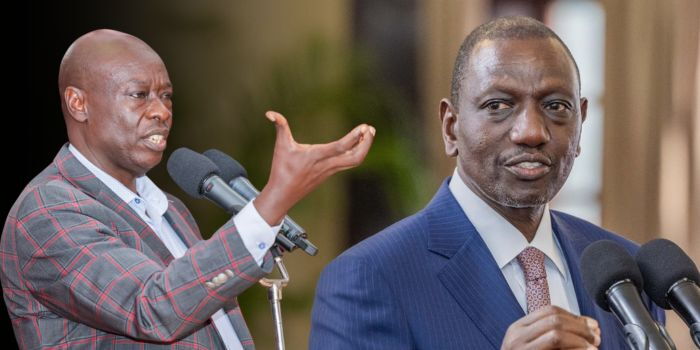
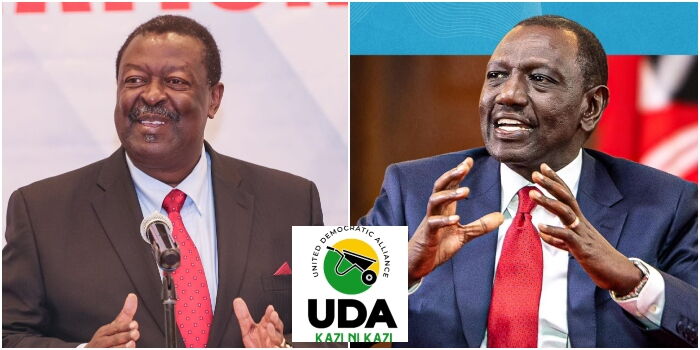

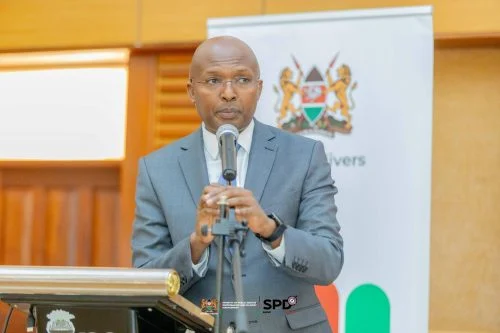
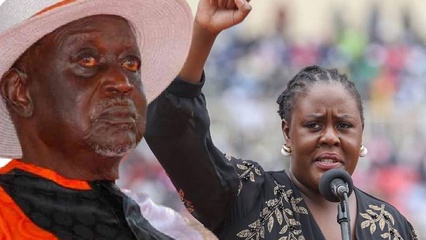
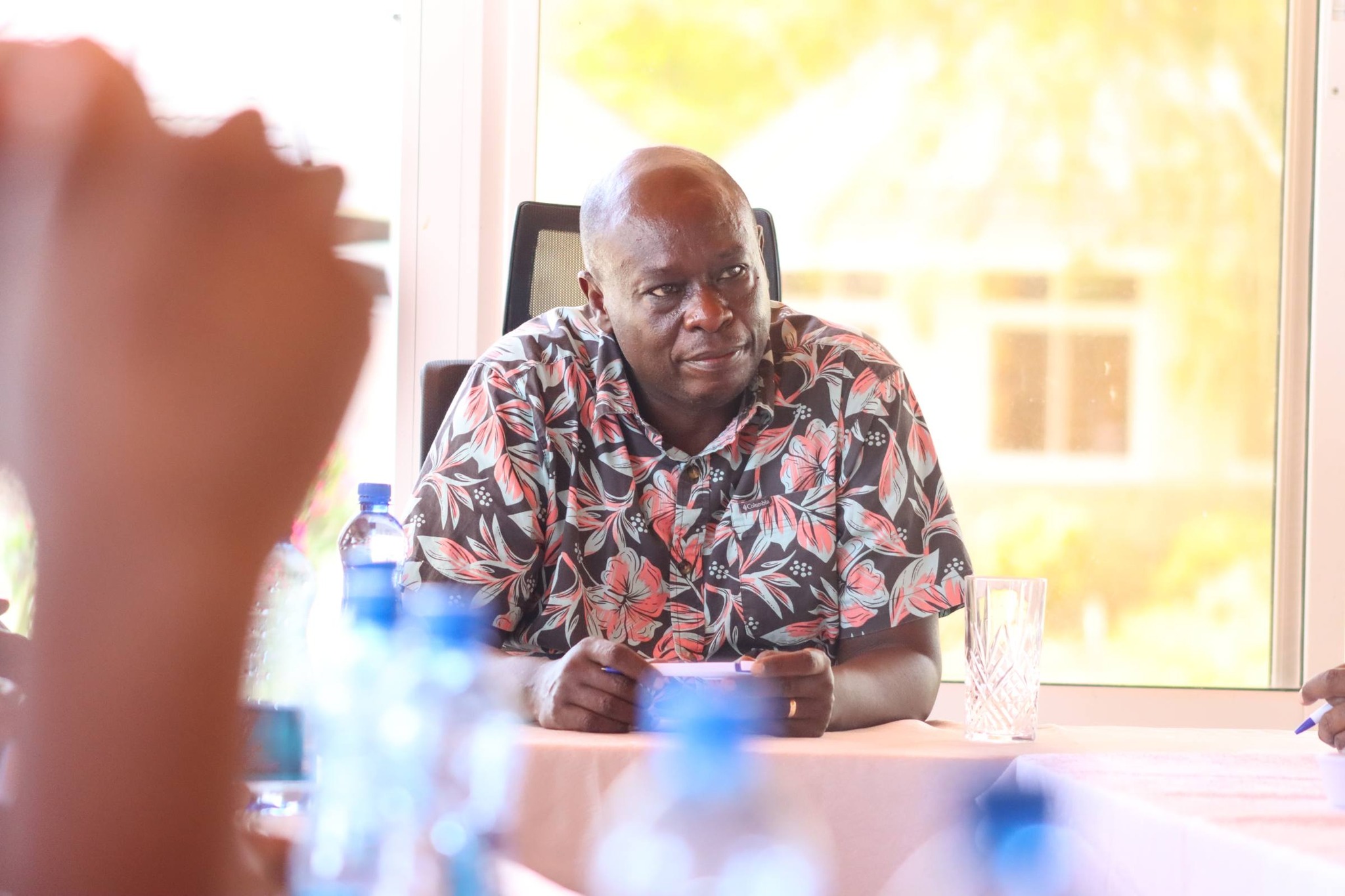
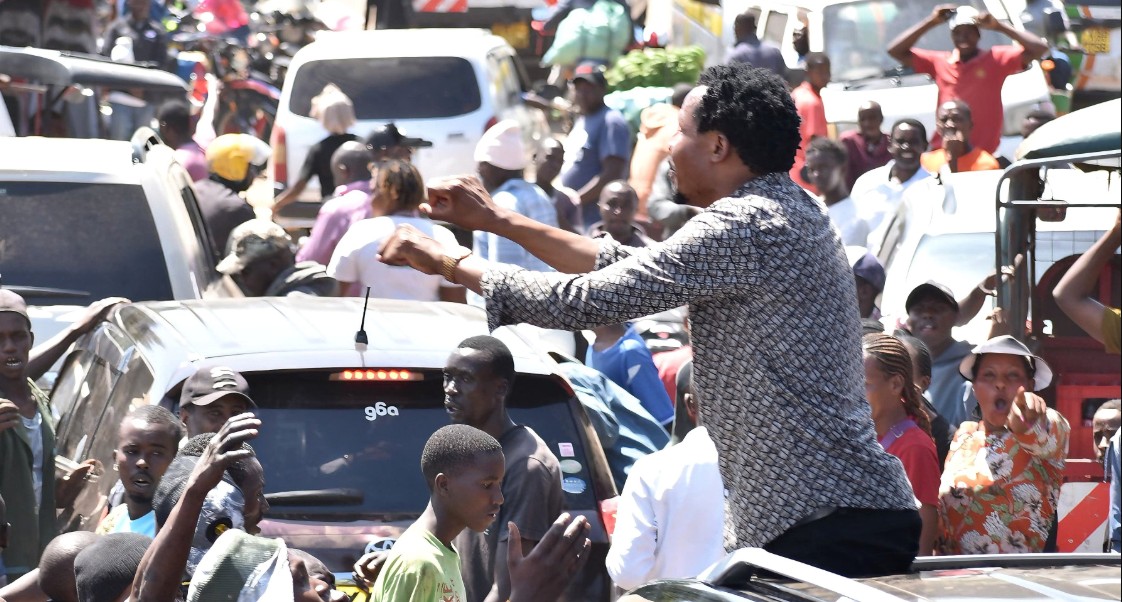

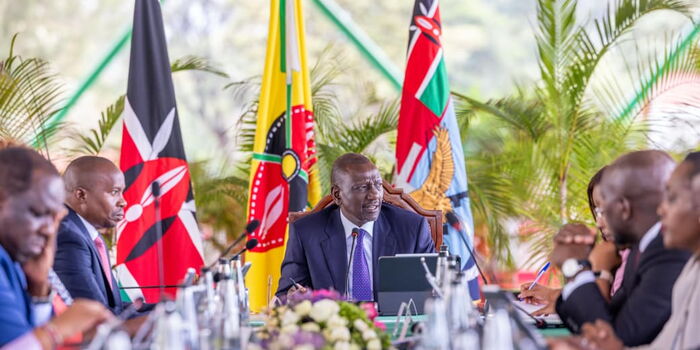

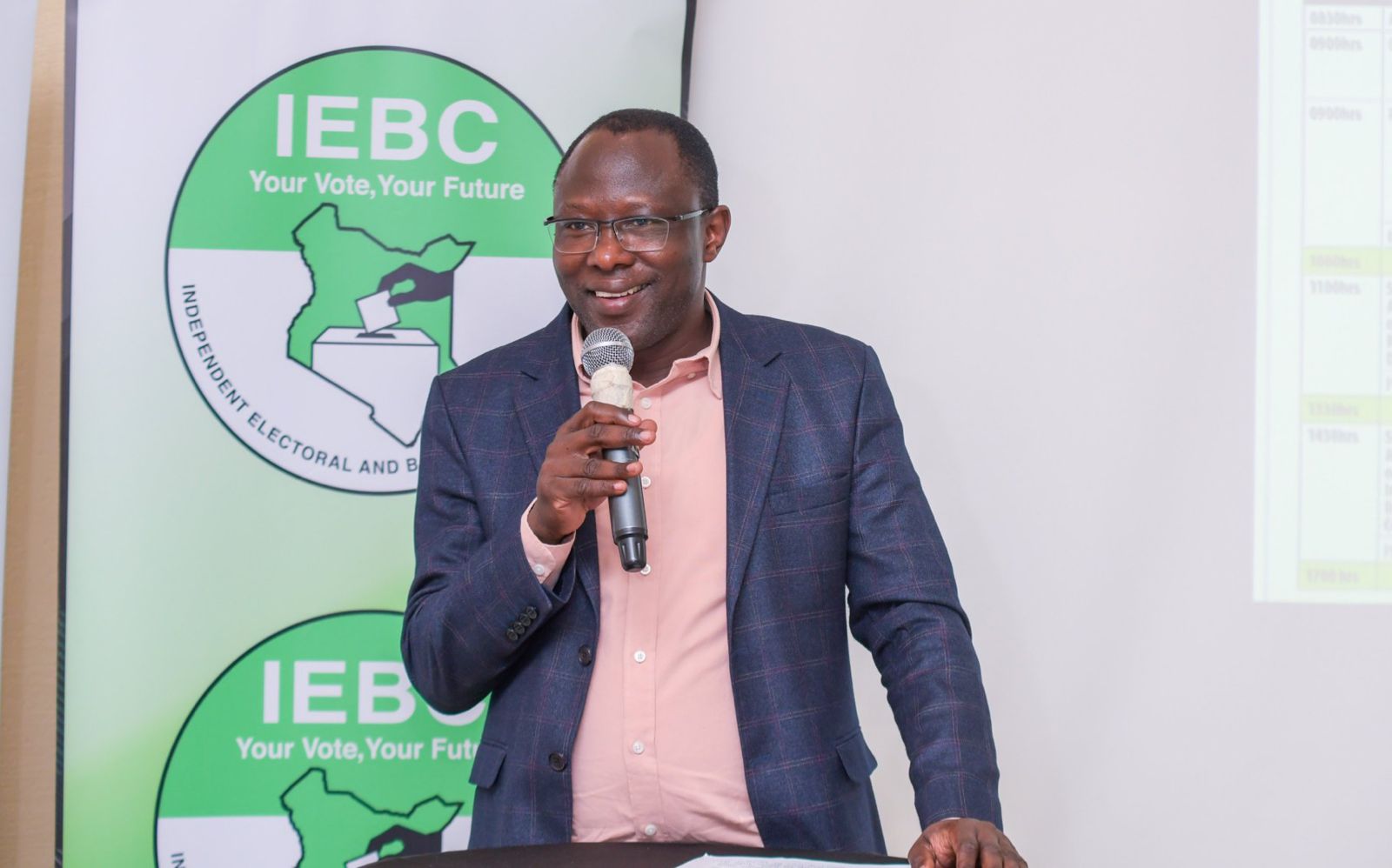
Leave a Reply